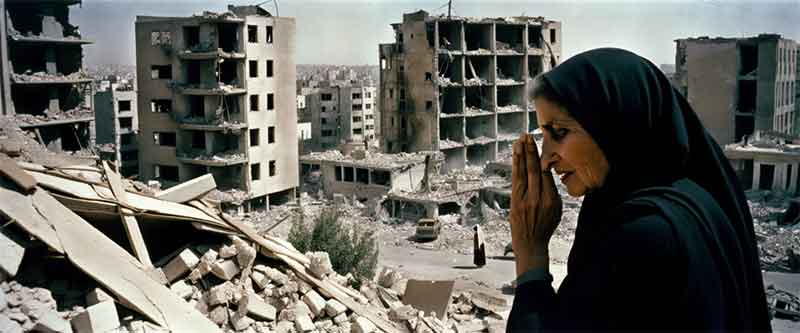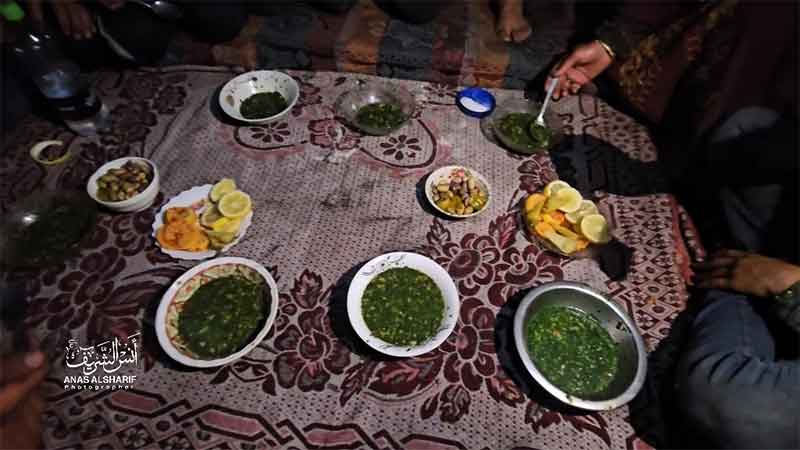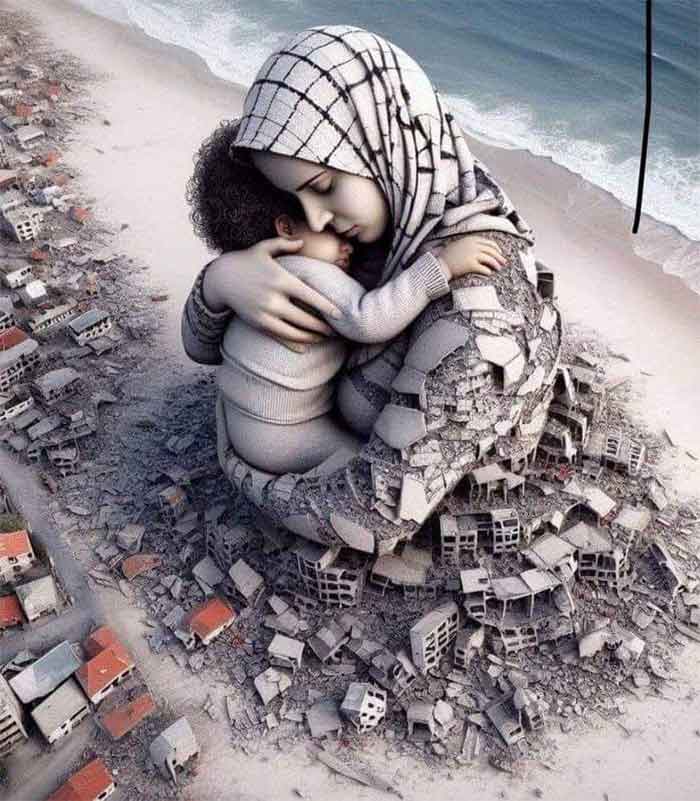(Mahatmajir Proti)
Sukanta Bhattacharya (1926-1947)
Translated © 2022 from the Bengali by Monish R Chatterjee
Of our teeming 400 million, I too am one, I know
Abruptly in the airwaves I’ve heard the pronouncement –
The great moment in my life has arrived, instantly wiping away
All apprehension and cowardice. The drumbeats of exultation
Ring out in my bloodstream: Hold hands, today, with Gandhiji.
For ages here we have struggled, embraced death, resolved
To scale someday the mountain of corpses
And triumph over the outmatched foe in this unwinnable battle.
Floods and tempests, pestilence, the violence of war
Famines have left dread and devastation along their tracks-
Oft felt our people will fall over the precipice of history into obscurity
Yet, wounded by death at our doorstep, we’ve refused to give up
Every cremation ground scattered across our cities and hamlets
Bears witness to our oppression, even as we have meditated victory.
Hence, on this fateful day, ever so close to the threshold of our dream
We feel as if at long last it is in you all our dreams live-
Climbing over numberless deaths, we have found in you our ultimate hope
With you in this devastated land, we shall build our fortress invincible.
With your fearless arms extended, you have dispatched your clarion call
And so from the villages to the cities, O warrior, you galvanize the millions in this land.
*******
Here is the URL of a reading of the original poem in Bengali and its translation in English:
Commentary-
The Bengali revolutionary, leftist poet-prodigy, Sukanta Bhattacharya (1926-1947) lived a tragically short life of a mere 21 years, during the very height of the Indian anti-colonial, freedom movement against 200 years of British imperial occupation. During this extraordinarily turbulent time, struggles against colonial oppression and exploitation, against entrenched tyranny, gained momentum worldwide- from Yugoslavia to Indonesia, from Russia to China, and much beyond.
During this exceedingly turbulent period of great ferment, freedom movements broke out across the world, attempting to overturn medieval and feudal social systems (sadly still very much there today, in different modern-day guises of globalism and “free-trade” whereby the few hoard unimaginable fortunes while keeping the great many in poverty and bondage). The Indian independence movement began at least symbolically with the Sepoy Mutiny (1857), and its energy and motivation were triggered inspirationally in the late 1800s by Bankim Chandra Chatterjee’s epochal Vande Mataram within his historic novel, Ananda Math (The Abbey of Bliss).
Young Sukanta was deeply influenced by these dynamic developments, many among them driven by the crying need for social change (and especially stirred by the fall of Czarist Russia, and the rise of people’s movements via leftist ideals; notably, several Indian thinkers and campaigners became leading figures in this struggle, acquiring worldwide stature (such revolutionary thinkers and courageous visionaries as M.N. Roy and Virendranath Chattopadhyay being among them). For a prodigy just past his teen years, and taken by tuberculosis just the very year India finally achieved a fractured independence, Sukanta has left behind an astonishing body of work with unmatched originality in terms of revolutionary vision and imagery, truly in the category of the most prescient and imaginative anywhere in the world.
In the 1970s, the noted musical genius, Salil Chowdhury, in collaboration with the extraordinary Bengali vocalist with the unforgettable baritone voice, Hemanta Mukhopadhyay, composed several of Sukanta’s revolutionary poems into memorable songs which resonate with those stirred passionately by the spirit of seeking equality and justice in this world. Sukanta’s Runner, Thikana and other similar poems now define a period in Bengali music (inspired no doubt by the struggles for racial and economic justice in the US, Cuba, Latin America, South Africa and elsewhere) when other creative figures (including Bhupen Hazarika) joined in the effort to inspire the oppressed of the world to rise up and cast off the yoke of slavish oppression and degradation.
While for many of us with Indian background, connected as we are with our collective regional experiences within a complex sub-continent, and hence for many the achievements of Gandhi are nuanced in terms of the various parallel struggles, and Gandhi’s political and also social viewpoints are not without controversy- it is quite remarkable that a young revolutionary idealist (who wrote with great zeal about the movements in Indonesia, Yugoslavia, China, Russia and far-flung places), who likely would be more naturally aligned with armed, underground struggles against imperialism, was nevertheless impressed by, and drawn to, Gandhi’s leadership and iconic presence on the Indian scene.
The poem (fittingly lyrical and rhyming in Bengali) highlights Gandhi’s phoenix-like appearance in India’s anti-imperial firmament- to the extent that Sukanta proclaims “..it is in you that all our dreams live.” He lays out the devastating trail of destruction and tears laid in the wake of the British occupation- wars, calamities, and especially manwantar (Bengali for famine), wherein he implies the many ghastly famines, including the 1942 Bengal famine, responsible for more than 6 million deaths from starvation in the streets across Bengal (one directly tied to Winston Churchill, who downplayed the deaths in favor of providing rations for English troops fighting Europe’s battles, rations taken from the mouths of hungry millions, millions of darker, hence disposable human beings). Churchill’s ruthless crimes in this one instance alone were comparable to what the Allies impugned against Hitler and Germany.
Sukanta, ever the idealistic dreamer, died far too soon in 1947, the very year India achieved her disfiguring, fractured independence- via a partition even Gandhi could not negotiate or prevent. How Sukanta would have reacted to the fracture, and the great (and still ongoing) human tragedy which unfolded therefrom, will never be known.
Dr. Monish R. Chatterjee, a professor at the University of Dayton who specializes in applied optics, has contributed more than 130 papers to technical conferences, and has published more than 70 papers in archival journals and conference proceedings, in addition to numerous reference articles on science. He has also authored several literary essays and four books of literary translations from his native Bengali into English (Kamalakanta, Profiles in Faith, Balika Badhu, and Seasons of Life). Dr. Chatterjee believes strongly in humanitarian activism for social justice.
















































